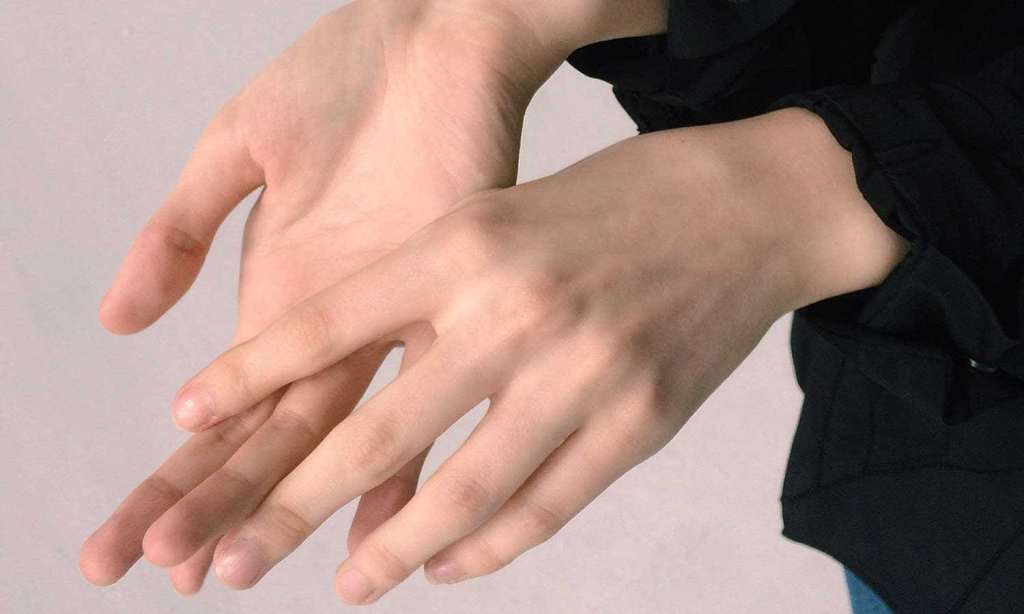I follow a lot of psychology accounts on Instagram. Learning about why people do the things they do – discovering more about depression, anxiety, stress, mental health – I find that fascinating. And one of the most recent posts to catch my eye was an explainer on the highly sensitive person (HSP).
While I consider myself pretty up-to-date with psychology terms, this one, I’d never heard of. I decided to do some digging and share those learnings here.
What exactly is a Highly Sensitive Person (HSP)?
“A highly sensitive person (HSP), also known as someone with sensory processing sensitivity (SPS), is a term used to describe an individual who has a deeper central nervous system sensitivity to emotional, physical or social stimulus,” says Julie Sweet, a clinical psychotherapist at Seaway Counselling and Psychotherapy.
Traits of a HSP can be placed in three main categories: sensitivity about self, sensitivity about others and sensitivity about your environment, Sweet explains. She notes, however, that she’s mindful of labels, which can often be hurtful. “Some of my most high-functioning clients are highly sensitive people,” she says.
In fact, HSP comprise approximately 15% to 20% of the general population.
How does HSP develop in a person?
HSP is a term developed by Dr Elaine Aron, one of the leading scientists studying the psychology of love and close relationships.
According to her theory and research, being a HSP is likely to be the result of a combination of both genetic and environmental factors. Attachment styles can also play a role in whether or not you’re a HSP.
What are the main traits of a HSP?
Indicators for HSP are wide-ranging, and can include:
- Feeling overwhelmed by loud noises or sounds,
- Feeling destabilised by bright light,
- Being affected by strong smells,
- Feeling confronted by crowds,
- Reacting to certain fabrics and itchy clothing,
- And struggling with multi-tasking
“Some cite their capability of intuitively sensing people’s feelings, emotions and experiences, which can sometimes lead to being overly empathic and over-identifying in someone else’s journey,” Sweet adds.
What’s the difference between a HSP and someone who’s just sensitive?
If you’re reading this thinking you might be a HSP, know that there are several differences between being a HSP and simply being sensitive – the main being that HSP’s brains respond profoundly to emotions and the processing of others’ emotions.
They also respond differently to dopamine, the brain’s reward chemical, though psychologists don’t fully understand how yet.
“It’s likely that HSPs are less driven by external rewards, which is part of what allows them to hold back and be thoughtful and observant while they process information,” author and philosopher Andre Solo writes in article 4 Brain Differences of Highly Sensitive People.
HSPs are also hyper-aware and notice others, whereas a non-HSP might not be as emotionally astute.
The best way to understand if you might be a HSP is to seek professional support through a therapist or group therapy so you can get real-time feedback on your behaviour, patterns, responses and reactivity.
“You can also become attuned to your presentation around hypersensitivity through self-evaluation and continued self-reflective practice and mindfulness,” Sweet explains.
So, you’ve found out you’re a HSP – now what?
Interestingly, Sweet says once you’ve found out you’re a HSP, she believes it’s more about accepting the personality trait rather than managing it.
“Knowledge is power and can cause people to make informed decisions,” she says, adding: “Self-compassion is paramount.” So yes, be kinder to yourself.
“It’s in our best interest to get curious and become introspective. That can mean beginning therapy, opening up to friends or sharing subjective feelings with an intimate partner. Anything that’s going to cause you to be vulnerable in identifying your sensitivity and being able to express your needs is going to be enriching.”
In saying that, there are several basic things that might benefit a HSP. They include:
- Restorative sleep,
- A healthy nutritional platform,
- Exercise,
- And limiting stimulants like coffee.
“Other protective factors are making your mental health a priority, and forward-thinking and planning ahead to prevent shutdown and anxiety,” she says. “Giving yourself space to decompress, as well as utilising products to help reduce light or noise, such as specially-designed headphones.”
Other things that may help include cultivating self-awareness, learning to ask friends and family members for feedback and learning to notice when you react, rather than respond.
“Taking this brave step to notice our patterns and become flexible, more understanding, less self critical and more empathic towards self can only enhance our lives,” Sweet says.







